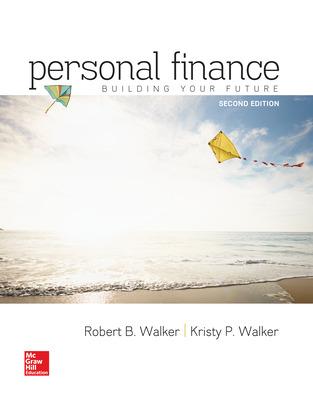Answered step by step
Verified Expert Solution
Question
1 Approved Answer
Question 1: Use the FCFF to solve the Value of Operation for the follow company.(Note: all the cash flows are based on million S) Question


Question 1: Use the FCFF to solve the Value of Operation for the follow company.(Note: all the cash flows are based on million S) Question 2: Solve the intrinsic value of common stock for the following company (Note: this company doesn't issue preferred stock) ing Owestion J If the market price of stock is currently S10, will you recommend buying or selling this stock? Why? $1,200.00 | 20% $800.00 $500.00 | SI 60.00) $2,000.00 Current EBIT- Current tax rate Capital Expenditures - Depreciation- Change in Working Capital- Short Term Investment- Debt/F-quity ratio = 25.00% Beta of the stock s Risk-free rate Risk Premium- Number of Shares 1.5 5% 4.50% 1 billion The cost of debt 1 0.00% Expected Growth Rate of FCFF- 8% The free cash flows to the firm are highly sensitive to the above growth rates. They are computed as follow: EBIT (I-t)-(Cap Ex. -Deprec. & Amort.)- Change in Working Capital Free Cash Flow to Firm The free cash flow to firm formula is used to calculate the amount available to debt and equity holders. Earnings before interest and taxes". EBIT, is, as it suggests, the earnings from a company's operations before adjusting for interest expense and taxes. EBIT can be found on the company's income statement or calculated from the cash flow statement. The free cash flow to firm formula does adjust for taxes by multiplying EBIT by one minus the tax rate
Step by Step Solution
There are 3 Steps involved in it
Step: 1

Get Instant Access to Expert-Tailored Solutions
See step-by-step solutions with expert insights and AI powered tools for academic success
Step: 2

Step: 3

Ace Your Homework with AI
Get the answers you need in no time with our AI-driven, step-by-step assistance
Get Started


